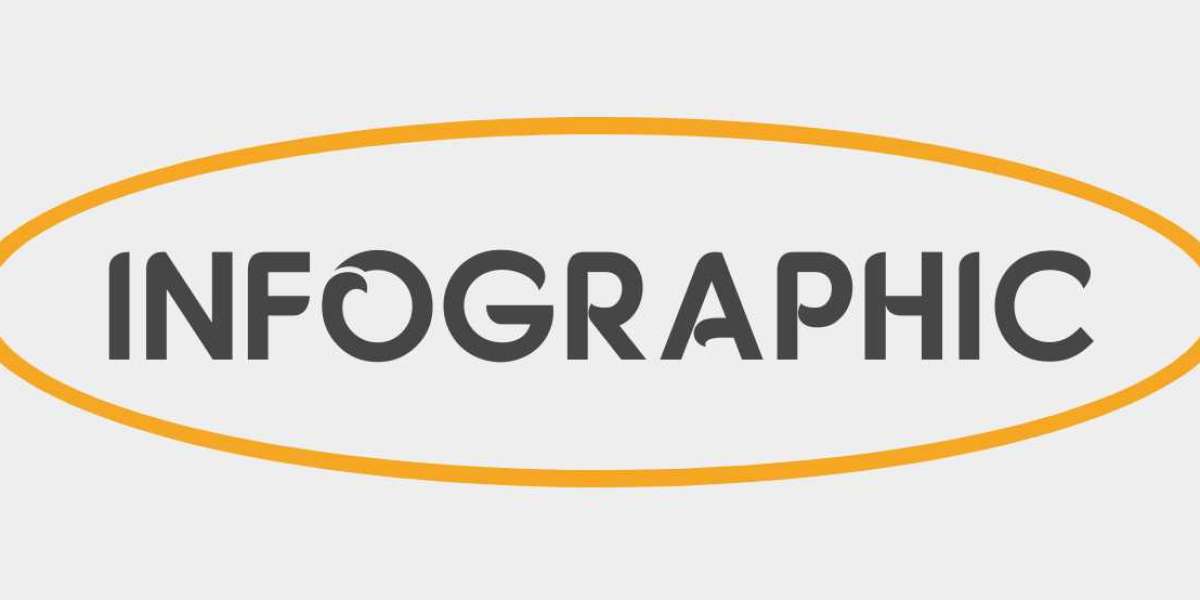Schrodinger's Cat and the influence of Mercury Retrograde: which of these is pseudoscience?
Mercury, of course. We treat Schrödinger's Cat with respect because although it is an absurd experiment, it was proposed by one of the creators of quantum mechanics, Erwin Schrödinger. But Mercury Retrograde, or rather the theory of its influence on the lives of others, can be safely classified as pseudoscience, just like astrology in general. Today we're going to look at how to distinguish science from false theories.
So what is science?
Science is an activity that researches, collects, and systematizes information about the world and man by careful scientists and essay writers. Scientific theories are based on facts and specific methods of study. These are mathematics - Pythagoras' theorem, physics - Archimedes' law, chemistry - the law of constancy of chemical compounds, and other scientific disciplines.
Pseudoscience only imitates the scientific method of knowledge, its theories are only a delusion. Pseudoscience can include phrenology - the prediction of psychological traits from a person's skull, or homeopathy - treatment with drugs that cause the same symptoms as the disease. There is also the concept of para science, which is the ideological-theoretical teachings accompanying science and which emerged in antiquity. Some of the theories became the basis for scientific disciplines, while other teachings formed quasi-science. For example, astrology - celestial bodies influence on people's lives, chiromancy - predicting the future by the palm of a person's hand, physiognomy - also predicting the future, but only by a person's face.
What is the difference between science and pseudoscience?
Let's consider the main signs by which it is possible to define a scientific and antiscientific current.
Science:
- Adheres only to exact facts that can be proven by experience,
- accepts objective criticism,
- uses rational methods,
- constantly tests theories,
- if new arguments emerge, the theory is refined,
- scientists from different universities and cities come to the same conclusions.
Pseudoscience:
- Is based on beliefs without evidence,
- does not change its theories even when scientifically substantiated,
- takes criticism negatively,
- has no exact facts, results cannot be measured or tested experimentally,
- uses irrational methods of research,
- Small groups of people adhere to pseudo-science theories
- Refuses to conduct experiments to test or disprove their hypotheses.
Pseudoscientific knowledge can look quite credible and mislead anyone. Therefore, important information needs to be verified. Here are a few ways to do this:
- Look at the sources that published the information. If it is a scientific journal, a textbook, a monograph, the data can be trusted.
- Check who the author of the article is. If it is a world-renowned scientist, a teacher at a university, an employee of a research center, his words may be true.
- Pay attention to the terms, they must be scientific. If the text contains the terms "karma," "ayurveda," "aurology," and others that are not related to scientific knowledge, then most likely you are faced with a pseudoscientific theory.
- If a new theory is based on ancient knowledge that cannot be verified, such data is not worth believing. Science always turns to the latest proven facts.
Anyone needs to understand information and critically analyze data in order to evaluate the world objectively and not get hooked by fraudsters. Choose only scientific journals, books, reliable websites with statistics and studies, and social media pages that you can trust.
Read more:
Top 4 Websites to Pay Someone to Write My Paper from Scratch
TOP 5 Essay Maker Websites That US Students Trust (Tested Approved)
TOP 6 Homework Help Websites to Thrive in College According to Students’ Feedback
TOP 6 Legit Websites to Ask ‘Write My Paper’ and Get the Best of It








